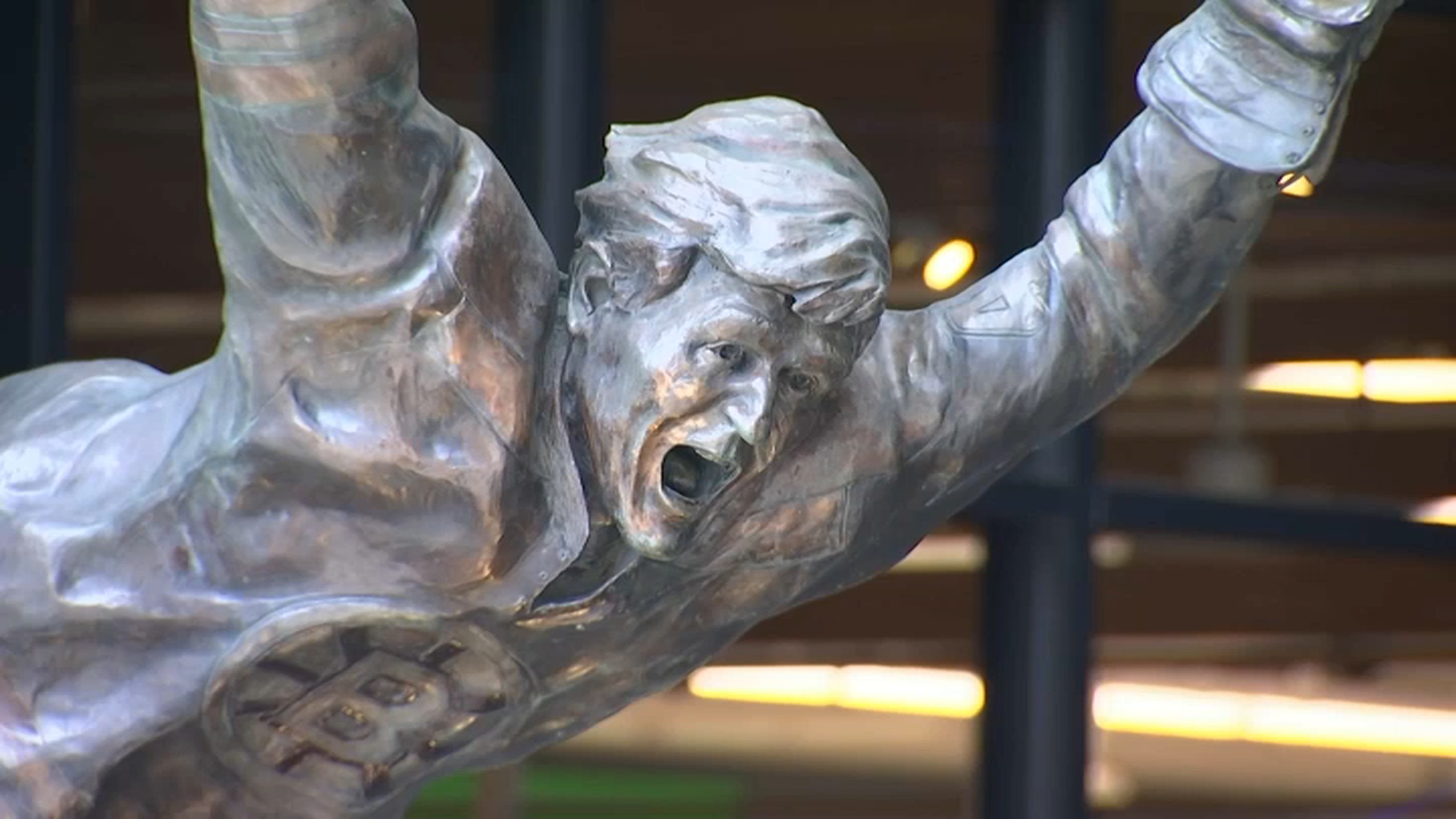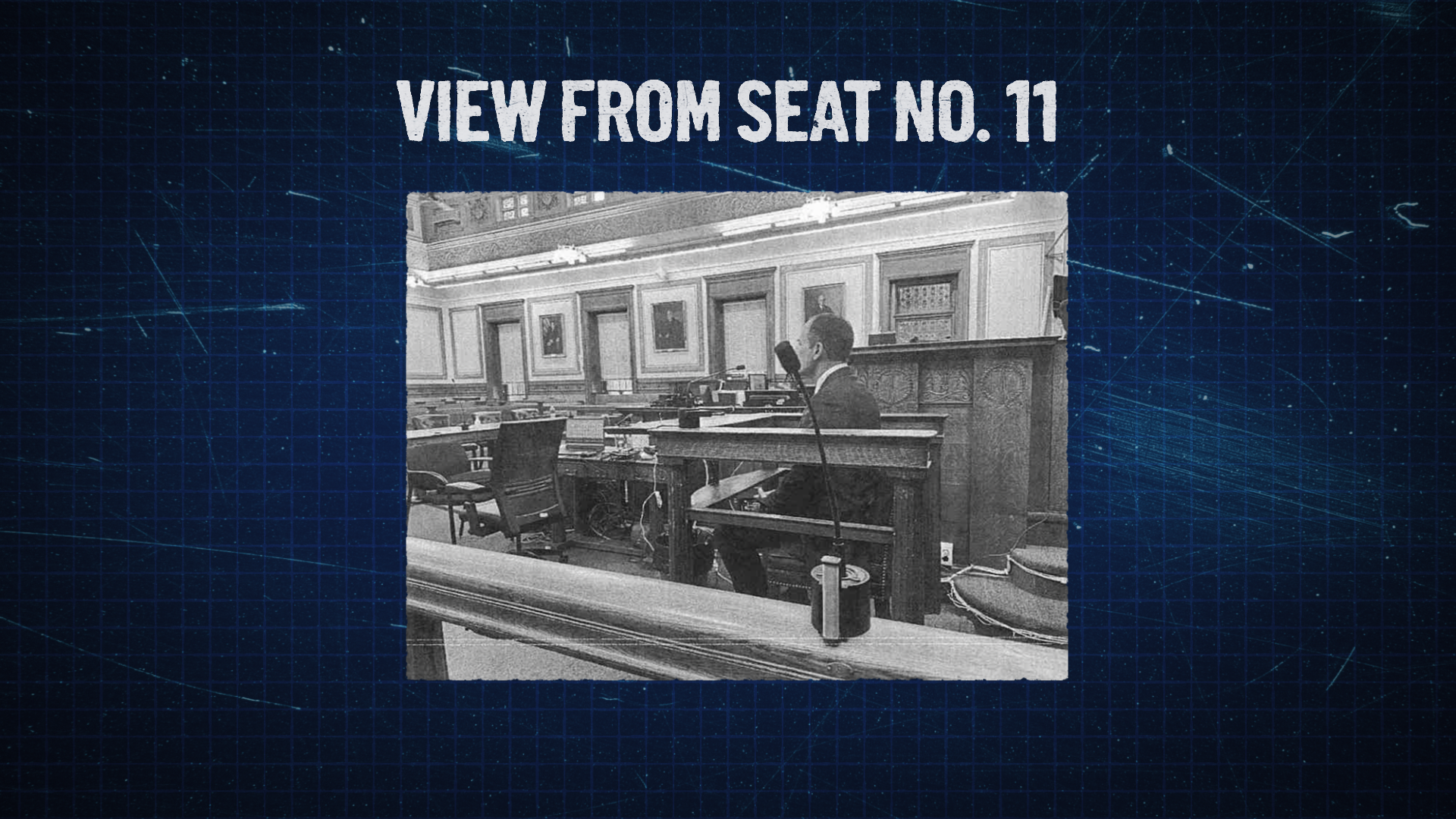(NECN: Peter Howe, Logan International Airport, Boston) Friday looked like a beautiful, sunny day to fly -- and it was -- but behind the scenes, a storm of cancellations was raging through airline and train schedules as they braced for Hurricane Irene's impact.
"Right now we're looking at service tomorrow all day, practically no service at all on Sunday. Sunday, I think it's a 99.9 percent washout. There are going to be no flights," said Logan spokesman Phil Orlandella, speaking with NECN about 3 p.m. Friday.
Not wanting to fly into howling winds and driving rain, or risk getting planes stuck on the ground in Boston or other southern New England airports, airlines were already cancelling hundreds of flights in droves. At the airport, crews were also working to batten down the airfield itself and make sure there was nothing that could become a flying missile when Irene hits.
"We're all in communications about everything. We've
tested our phones, we've tested our computers, we've tested everything you
could think of, we have manpower out there even now looking for debris --
anything that's not tied down, get it moved,'' Orlandella said. "We'll do
it again tomorrow. We want to make this airport as safe as possible.''
Amtrak said it had already cancelled trains south of Washington through Sunday and was waiting to see what impacts Irene might bring. A big question was what damage might be sustained on overhead catenary for Northeast Corridor and Acela trains, which could disrupt train service into next week.
In New York City, Metropolitan Transportation Authority
officials were taking the unprecedented step of planning to shut down the
entire city subway train system beginning at noon Saturday, to protect against
flooding, high winds endangering trains on elevated tracks, and to reduce
potential damage of transit equipment. New Jersey and Philadelphia transit
systems were planning to close down as well soon after.
MBTA spokesman Joe Pesaturo said the T envisioned
shutting down service only if winds reach a sustained 70 m.p.h., which would
endanger commuter rail trains and Red, Orange and Blue Line subways on bridges,
or if there is damage to power lines or downed trees on tracks.
Local
Steps the T is taking to keep service operating, Pesaturo said by e-mail, include inspecting pump rooms and poor drainage areas to prevent flooding; sending out crews ahead of time to trim limbs and remove dead trees; running observation trains with chainsaw-equipped wire-repair crews all night Saturday into Sunday morning; and testing and fueling a jet-powered generator in South Boston that can provide backup power for the four transit lines and trackless trolley operations out of Harvard Square.
With videographer John J. Hammann.



